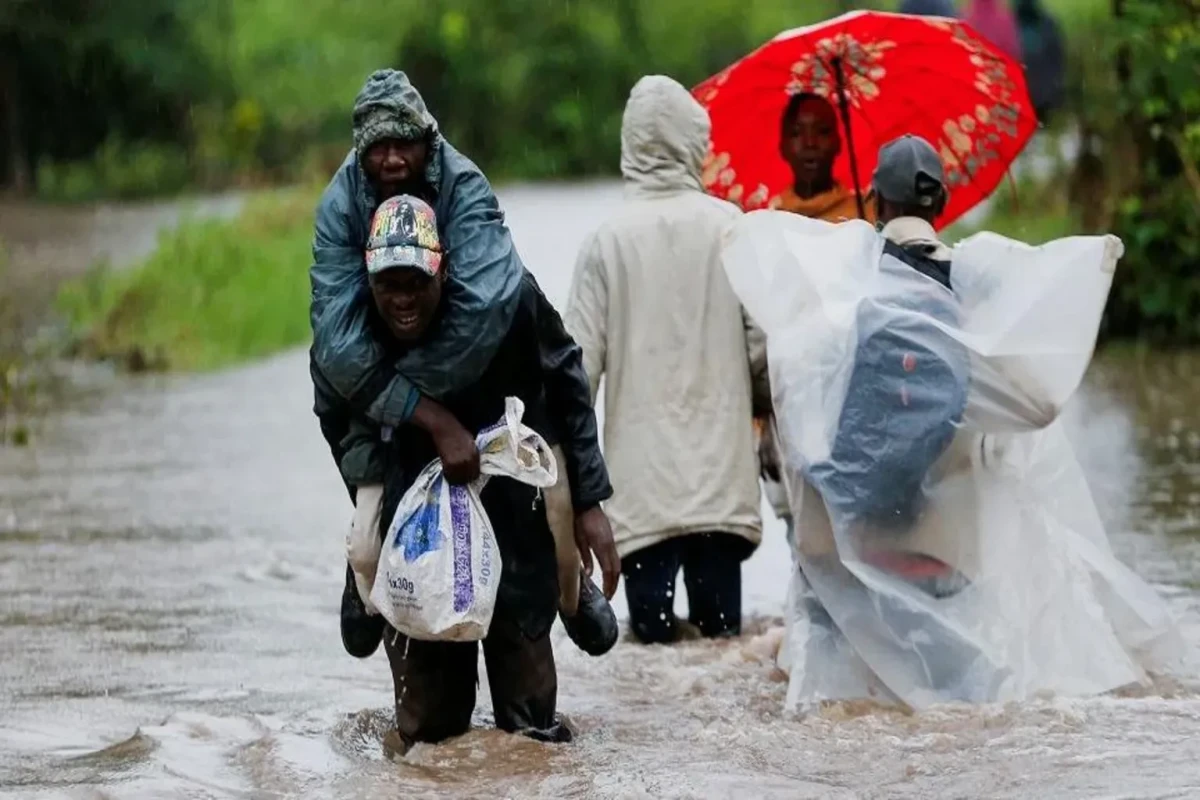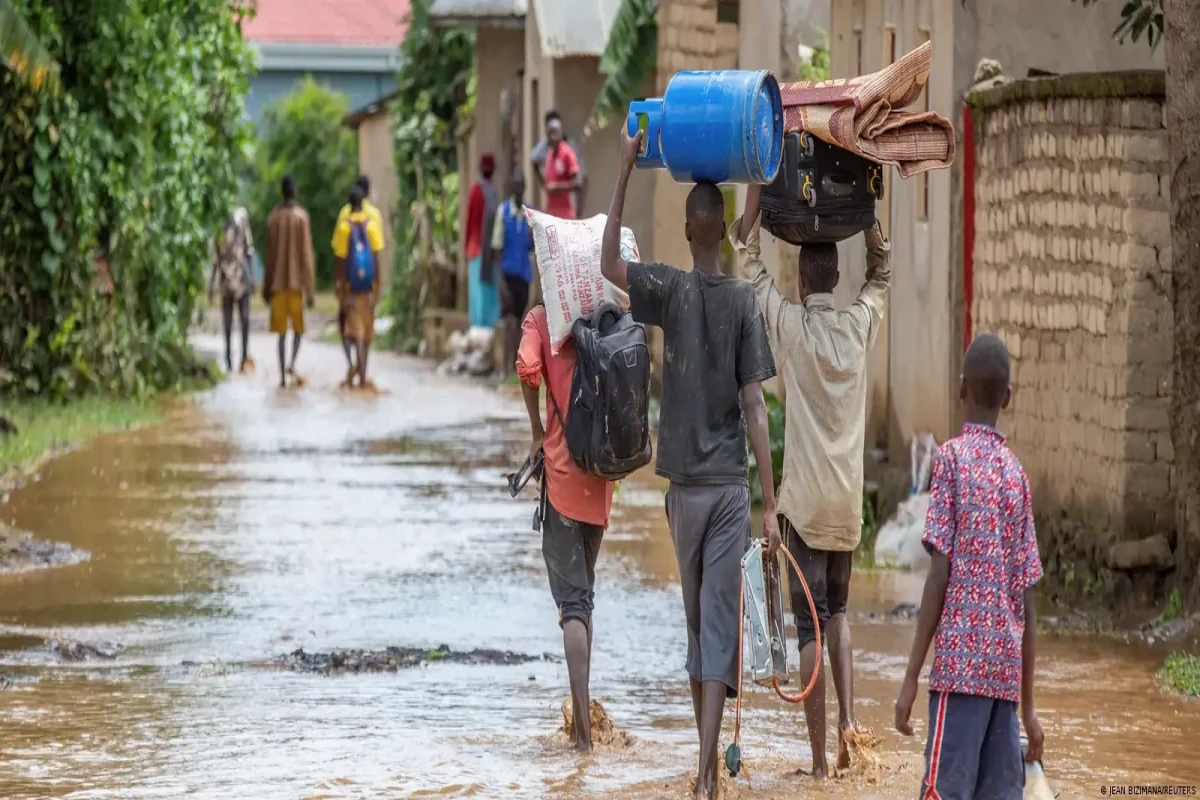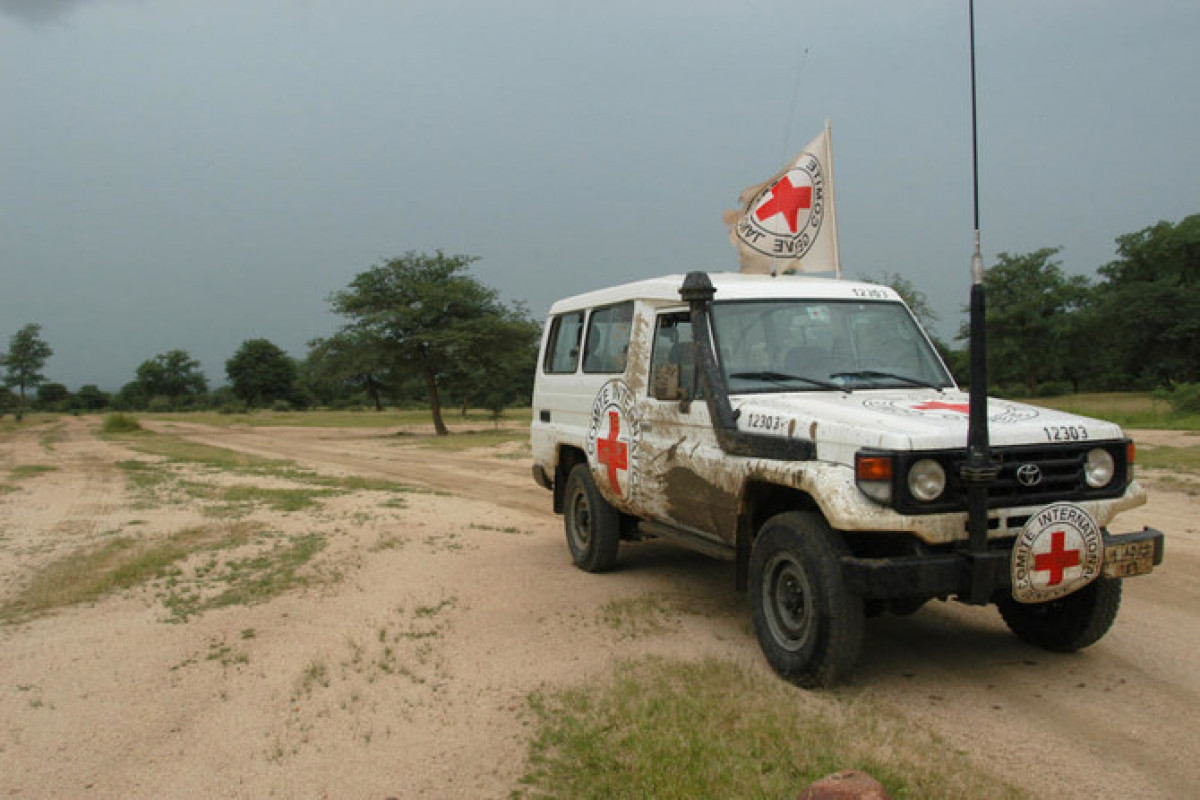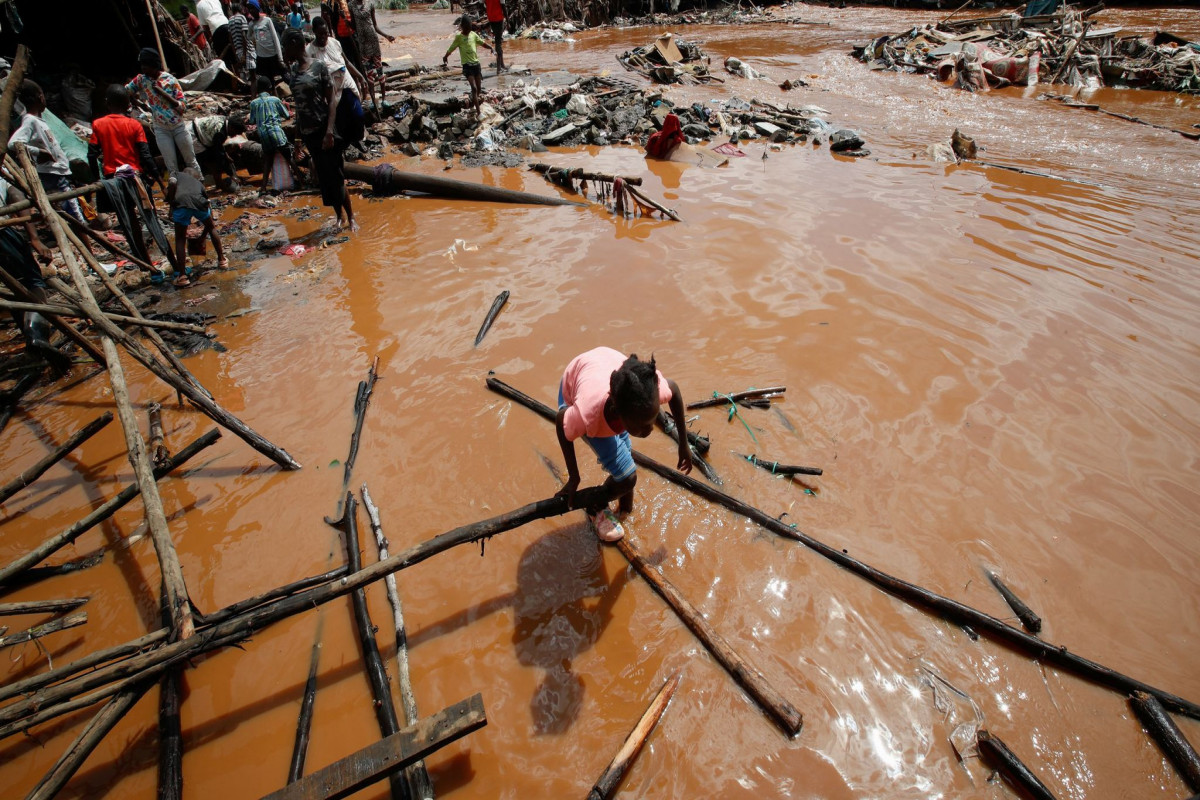Turnout key as Moroccans vote on king’s reforms

The new charter explicitly grants the government executive powers, but retains the king at the helm of the army, religious authorities and the judiciary and still allows him to dissolve parliament, though not unilaterally as is the case now.
That falls far short of the demands of the "February 20" protest movement, which wants a parliamentary monarchy where the king’s powers would be kept in check by elected lawmakers.
However the movement so far has not attracted the mass support of popular uprisings that toppled the leaders of Tunisia and Egypt. It urged Moroccans to boycott the vote and said a low turnout would back their calls for more radical reforms.
Turnout stood at 26 percent by midday local time (1100 GMT), according to the interior ministry. Preliminary results were due to be announced late on Friday, a ministry spokesman said.
"I voted ’yes’ because we have to obey the Commander of the Faithful," retired agriculture ministry engineer Samira Denguir said in the middle-class Hassan suburb of the capital Rabat, referring to the king’s religious role.
"A large ’yes’ vote with a high abstention rate or spoiled ballots is not a great result, and the monarchy, Makhzen and (political) parties know it," said Lise Storm, senior lecturer in Middle East politics at the University of Exeter in England.
The Makhzen is the royal court seen by many Moroccans as a largely unaccountable and shadowy political and business elite.
The 47-year-old ruler has had some success in repairing the legacy of human right abuses, high illiteracy and poverty he inherited after his late father’s 38-year rule ended in 1999.
WESTERN ALLY
A staunch Western ally, Morocco under King Mohammed has stepped up cooperation against terrorism and illegal migration, notably with the European Union which is keen to avoid the spread of Islamic militancy along its southern shores.
But while his personal popularity is expected to swing many voters in favor of the reforms, the margin of victory could be eroded by resentment at wide disparities between rich and poor, and a sense of alienation from the political elite.
"I’m not voting because I couldn’t get my voter card and to be totally honest I couldn’t care less. If they really mean good they would have done it years ago," said market trader Younes Driouki, 29, heading to the beach with his surfboard.
Results of an online poll conducted by independent portal Lakome.com showed 52 percent of 51,200 participants saying they would boycott the referendum. The vast bulk of the rest said they would vote in favor, but such a low turnout would raise questions about the credibility of the exercise.
Some 13 million people registered to vote -- more than 6 million fewer than the 19.4 million Moroccans over 19 years old in a 2009 census. Moroccans above 18 are eligible to vote.
Hamid Benchrifa, an analyst from the Social Development Agency, said the disparity may be due either to voters not updating their identity cards after changing address, or a simple lack of interest in politics.
The February 20 movement has brought together Islamists bent on setting up an Islamic caliphate and secular left-wingers focusing on what they see as rising levels of corruption.
They say they will continue their common fight for a system of parliamentary monarchy and more curbs on the king’s powers.
NEWS FEED
Sri Lanka is ready to share its experience in cultural heritage preservation with Azerbaijan
Azerbaijan's Culture Minister met with Italian delegation
Warning of toxic smoke after fire breaks out at Berlin factory
Baku hosted 31th meeting of CIS Information Council
Azerbaijan's Aghdam hosted special session within 6th World Forum on Intercultural Dialogue -PHOTO
Senate of Malaysian Parliament delegation visited Azerbaijan's Fuzuli, Shusha - PHOTO
Traffic accident in Azerbaijan’s Kalbajar kills a military serviceman, injures others -UPDATED 1
GSMA M360 Eurasia 2024 is empowering digital transformation with global leaders in Baku
CSTO will remain an effective structure even without Armenia - Russian MFA
Azerbaijan, EU mull cooperation within framework of COP29
Azerbaijan will grant fathers right to receive labor pension under favorable conditions for children
China launches historic mission to retrieve samples from far side of the moon
Türkiye decided to cut its trade ties with Israel - President Erdogan
Azerbaijani, Russian Deputy PMs discussed trade and economic cooperation in Moscow
Russian, Tajik President mull Tajik migrants problem
6th World Forum on Intercultural Dialogue Participants visit Aghdam Juma Mosque-PHOTO-UPDATED
Azerbaijan's Milli Majlis announces date and agenda of next meeting
Azerbaijan Army's servicemen will take part in “Anatolian Phoenix - 2024” international exercises
Azerbaijan's Garabagh has huge tourism potential - Norwegian traveler
Azerbaijan to build bicycle tracks in Kalbajar
Norwegian travelers visited Azerbaijan's liberated Lachin and Kalbajar-PHOTO
Russian FSB neutralized one of organizers of Crocus terrorist attack
COP29.az website gets launched
Citizens of Kyrgyzstan, Uzbekistan, Tajikistan are not allowed to enter Russia
Azerbaijan, Saudi Arabia sign agreement on wind power project
European Commission official: We are in new era of cooperation with Azerbaijan -INTERVIEW
Kremlin calls statements of Macron and Cameron dangerous
Commander of Azerbaijan's Combined Arms Army pays an official visit to Iran
Azerbaijani FM leaves for a working visit to Gambia
President of Azerbaijan: We highly value Poland's position that spans the entire South Caucasus
Georgian MFA accused France of being non-objective
UNESCO official: Europe almost has no information about mine problem in Azerbaijan
Neocolonial policy of France on the edge of collapse- French Guiana is also on the path to liberating itself from colonization-ANALYSIS
Georgian PM: It requires special effort to restart relations with the U.S.
Aghdam's cultural and historical heritage was transported to Armenia, Azerbaijani Deputy Minister says
Armenia-planted countless landmines seriously impact humanitarian activities - Assistant to Azerbaijani President
Irakli Kobakhidze accused former US ambassador of supporting revolution attempts in Georgia
Azerbaijan to start relocation to Kangarli, Khidirli and Sarijali villages of Aghdam before end of year-PHOTO
Azerbaijani media is interested in building its work at the level of responding to modern trends - Director-PHOTO
Latest contributions of EU countries to Azerbaijan in field of demining unveiled- LIST
bp unveils production indicators of ACG and Shah Deniz fields
Azerbaijan detains person attempting to smuggle drugs from Iran
Population of Kalbajar city to reach 17 thousand people by 2040
134,000 ha of Azerbaijan's liberated territories cleared of landmines and unexploded ordnance
Azerbaijani President congratulates his Polish counterpart
Azerbaijan to connect territory of Boyagli village to Kalbajar city
Azerbaijan unveils details of Master Plan of Kalbajar City
EFES-2024 exercise is ongoing
EU Ambassador: We ready to help Azerbaijan in direction of demining process
EU to allocate additional EUR 2 million for demining process in Azerbaijan





